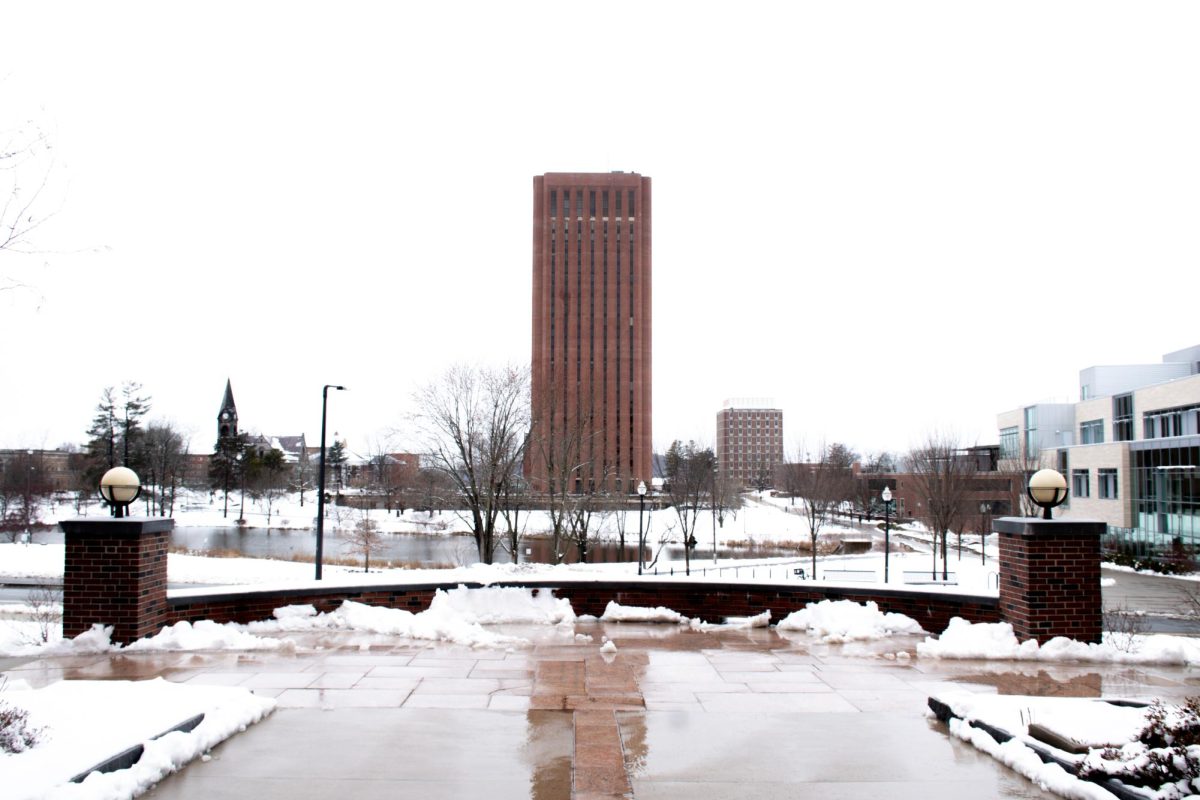
Every day, there is a new outrageous headline regarding a development that is worthy of protest. They range from topics that may not directly impact our student body—such as the Rohingya genocide, the cholera outbreak in Yemen, reports of slavery in Libya or climate change—to topics that strike home—such as ongoing reports of rape, sexual assault and sexual harassment in places varying from the government to college campuses, police brutality, instances of racism on college campuses or the increasing cost of colleges and student debt. Trying to sort through the news is mind-boggling, and trying to add your voice to the noise is even more difficult.
We, as students, are in a unique position to make change—a position that we may never be in again in our lives. We are surrounded by peers who are passionate and knowledgeable about an incredibly diverse array of topics. At our disposal are professors and archives to guide us in the right direction.
And yet, it doesn’t seem easy—or perhaps even possible—to protest. The Code of Student Conduct doesn’t allow much leeway for students looking to stage a demonstration. Any demonstration that is deemed to be “a willful interruption or disturbance of the day-to-day conduct of the academic or administrative business of the University” is prohibited. Students are also prevented from presenting obstacles or interfering with free movement, meaning any “physical denial or restriction of a person’s ability to freely reach or leave a given geographical area.” This could be a sign, another physical device or a person acting as an obstacle. While the Picketing Code does clearly state students’ right to demonstrate, it goes on to say that any demonstration that “for any reason of time, place, or type of behavior materially disrupts class work or other university business” is not permitted.
The Land Use Policy says that if someone were to hold an outdoor rally or speech during class hours, they could only do so between 12 p.m. and 1 p.m. by the main entrance of the Student Union Building, as long as this event doesn’t disrupt the free flow of traffic. If someone wanted to put up a sign or banner protesting an action, they can only do so on designated bulletin boards, providing they include the name of the sponsoring organization.
Say an incident occurs on campus that students want to protest. If they stage a sit-in or rally that violates any of the above restrictions, they could face suspension or expulsion. The Code of Student Conduct lists “campus disturbances,” as defined in the Picketing Code, as events that could result in expulsion or suspension.
There are clear reasons for the restrictions referenced above, and they’re not illogical. I don’t want to be in class, unable to focus because someone outside is yelling about something they disagree with, and “disturbances” can easily become violent and offensive. However, I do want to be part of a passionate community, dedicated to social justice and making change for the better. I’m not advocating for the University to endorse protests that disrupt classes, but I’m raising the question over whether students have the ability to protest freely. In my high school, our student body staged walk-outs over improperly handled reports of sexual harassment and assault in our community, and a “Hands Up Don’t Shoot” walk-out over the shooting of Michael Brown, and I participated in both of these protests. It is essential that students are allowed to take part in large-scale movements. Students should not face suspension or expulsion for participating in activism movements—if this had been the case at my high school, our movements wouldn’t have been able to impact our community as strongly.
As the generation that is receiving the baggage of both the current and previous political administrations, the accumulating responsibility to right the wrongs of the past falls on us. If we spend our time at college neglecting to exercise our right to peacefully protest, we are unprepared to do so when we leave college. If our generation does not protest grievances that are piling up, then our nation and our world will not get any better.
Claire Healy is a Collegian contributor and can be reached at [email protected].



















Ed Cutting, EdD • Dec 7, 2017 at 11:50 am
The problem is that the picketing code has never been enforced, so any attempt to enforce it would be content-based censorship.
The larger issue is a code of conduct so vague that students have absolutely no rights anymore.
NITZAKHON • Dec 7, 2017 at 5:43 am
I have no issue with peaceful protests; the First Amendment is precious to me. I draw the line when protests block paths, push, yell, and intimidate – let alone hinder movement.
As you consider a protest that does do these latter things, put the shoe on the other foot and consider your reaction to someone on the “other side” – regardless of what that side is – doing those things you’re planning to you.